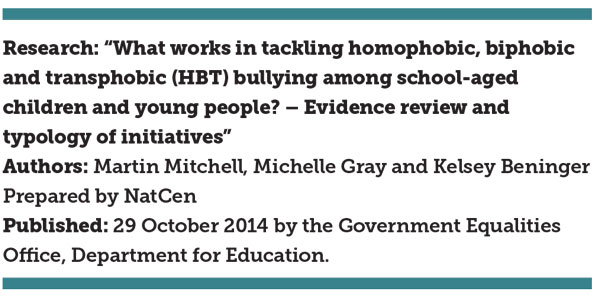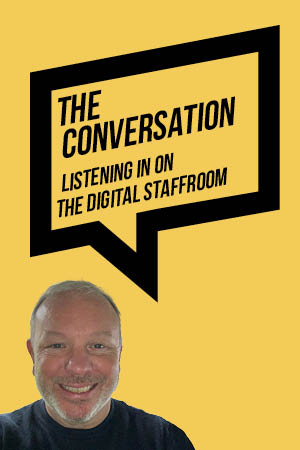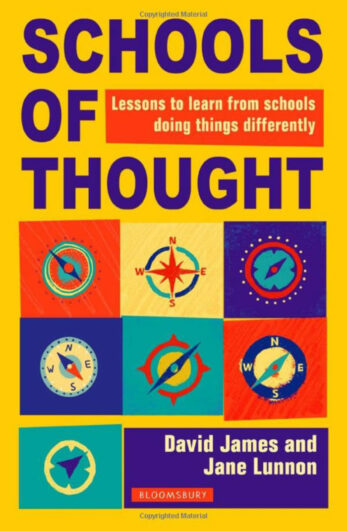
Schools are becoming more concerned about homophobic, biphobic and transphobic (HBT) bullying, so NatCen’s report for the Government Equalities Office sounds like a particularly important publication.
It brings together research, unfortunately largely from non-academic sources, but misses out quite a bit and mostly fails to do what it says on the tin. Although different approaches to dealing with bullying are listed, it repeatedly concludes that evidence of their effectiveness is limited. It also tends to assume that transphobia is much the same as homophobia and biphobia. The reality is not that simple.
The problem with finding evidence for the success or failure of anything is that it’s never as easy as people think. As an ICT coordinator, I remember suddenly being asked to evidence the effectiveness of interactive whiteboards in years 5 and 6. A host of other variables meant a team of experienced researchers would probably have taken months to get any reliable conclusions. The same is true, with bells on, for evidencing the effectiveness of combating HBT bullying.
So, short of some high-quality academic research comparing different approaches, reliable conclusions about what works are unlikely.
However, the elephant in the room for me, as a trans woman, are the assumptions made about trans kids; that their problems are similar to those of lesbian, gay and bisexual pupils when, in fact, they are usually different. This report was let down by its failure to take account, not merely of other research about trans kids but Cornwall County Council’s excellent guidance for schools about trans children.
A number of things are very different for trans children. First, many become aware of their gender at a much younger age than kids become aware of their sexuality. Second, trans children are much more likely to be bullied or discriminated against by school staff or other children’s parents. I know headteachers who have bullied young trans girls in primary schools and I was recently horrified by what a mum of an eight-year-old trans boy experienced at the school gate every time she picked up her son. I also know a trans girl in south London who was bullied out of her school at 13 because it didn’t take her physical protection seriously.
For trans kids there is a bigger problem to overcome before bullying, something that I described as “cisgenderism” in a research paper published last year by the British Psychological Society. Cisgenderism is a bit like “heteronormativity” compared to homophobia; it’s the unspoken erasure of trans people and the belief that gender is fixed at birth and decided by others. A tacit belief that we are the problem, not other people’s attitudes, is summed up nicely in a wonderful quote by Sass Rogando Sasot: “I am not trapped by my body, I am trapped by your beliefs.”
This belief is so ingrained in our culture that we don’t realise it exists. Yet trans kids, like most kids, have finely-tuned social radar and tune into this unspoken belief to somehow know that being trans is socially unacceptable. Oppressing yourself is always harmful.
So while the value of this research is, in my opinion, limited – especially from the point of view of trans kids – it has one reliable conclusion about tackling HBT bullying; teacher confidence. Teachers need to know about LGBT issues and people to prevent HBT bullying. This knowledge is vital: while something like 75 per cent of the population now know someone who is gay, lesbian or bisexual, only 13 per cent know someone who is trans. The implications of this are clear; teachers need more training in LGBT issues in general and trans issues in particular. By the time a school realises that it has a trans child, it is usually too late.








Your thoughts